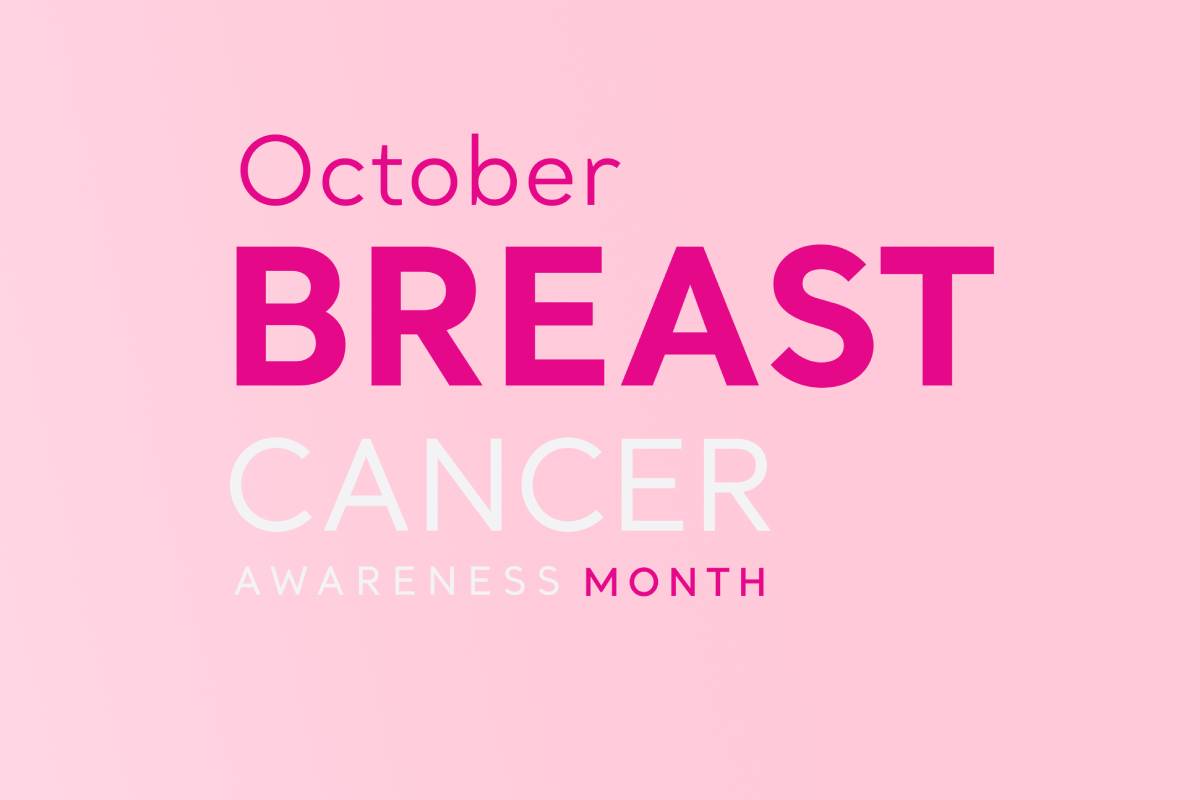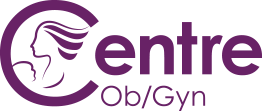
October marks Breast Cancer Awareness Month, a time to remind women of all ages about the importance of breast health, prevention strategies, and early detection. At Centre OB/GYN in Raleigh, NC, we are dedicated to providing the resources and support necessary to reduce your risk of breast cancer. Here, we offer essential tips to help you stay proactive about your breast health.
Prevention Tips
While it is impossible to eliminate the risk of breast cancer entirely, there are several ways you can reduce your chances through healthy lifestyle choices.
- Maintain a Healthy Weight: Being overweight, especially after menopause, is associated with a higher risk of breast cancer. By maintaining a healthy weight through balanced nutrition and regular exercise, you can help lower this risk.
- Exercise Regularly: Physical activity helps to regulate hormones and boost your immune system. Aim for at least 150 minutes of moderate exercise or 75 minutes of vigorous exercise weekly to help reduce your breast cancer risk.
- Limit Alcohol Consumption: Alcohol has been shown to increase breast cancer risk, with even small amounts linked to a higher risk. Limiting your alcohol intake to one drink per day or less is recommended.
- Avoid Smoking: Smoking is linked to a number of cancers, including breast cancer, especially in premenopausal women. Avoiding smoking is crucial for maintaining your overall health.
- Consider Breastfeeding: Breastfeeding for several months has been shown to slightly lower the risk of breast cancer. If you can and choose to breastfeed, it can offer benefits for both you and your baby.
- Hormone Replacement Therapy (HRT): Discuss the risks and benefits with your OB/GYN before starting any HRT to find the best option for you.
- Focus on a Healthy Diet: A diet rich in fruits, vegetables, lean proteins, and whole grains supports your overall health and can help lower your risk of many diseases, including cancer. Foods high in antioxidants and fiber can also contribute to better breast health.
Early Detection Tips
Early detection of breast cancer can significantly increase treatment success. Make sure to follow these steps for the best chance of early diagnosis.
- Perform Regular Self-Breast Exams: A monthly self-breast exam can help you detect any unusual changes in your breasts. Knowing how your breasts normally look and feel will allow you to recognize any lumps, thickening, or changes in skin texture that may require further evaluation.
- Get Regular Mammograms: Mammograms are one of the most effective tools for detecting breast cancer early. Most women should begin annual mammograms at age 40, but those with a family history or higher risk may need to start earlier. Talk to your doctor about the right screening schedule for you.
- Know Your Family History: If breast cancer runs in your family, especially in a close relative such as a mother, sister, or daughter, your risk may be higher. Understanding your family’s medical history can help your healthcare provider recommend more personalized screening options.
- Schedule Clinical Breast Exams: In addition to self-exams and mammograms, having a clinical breast exam performed by your OB/GYN during your annual visit is important. These exams can identify potential issues early on and serve as a regular check-up on your breast health.
- Be Aware of Warning Signs: Pay attention to changes in your breasts, including new lumps, changes in size or shape, skin dimpling, nipple discharge, or persistent pain. If you notice any of these symptoms, schedule an appointment with your healthcare provider as soon as possible.
Take Charge of Your Breast Health
At Centre OB/GYN, we believe that prevention and early detection are your best tools in the fight against breast cancer. By taking proactive steps and staying vigilant about your breast health, you can significantly reduce your risk and improve the chances of early detection and successful treatment.
If you’re due for a mammogram or need to discuss your breast health, don’t hesitate to contact our Raleigh office to schedule an appointment. Contact Us
Further Reading: www.komen.org
Go back